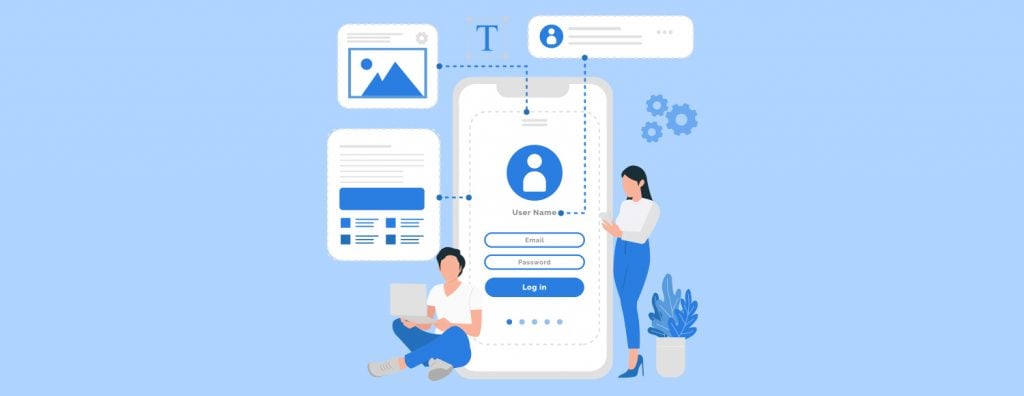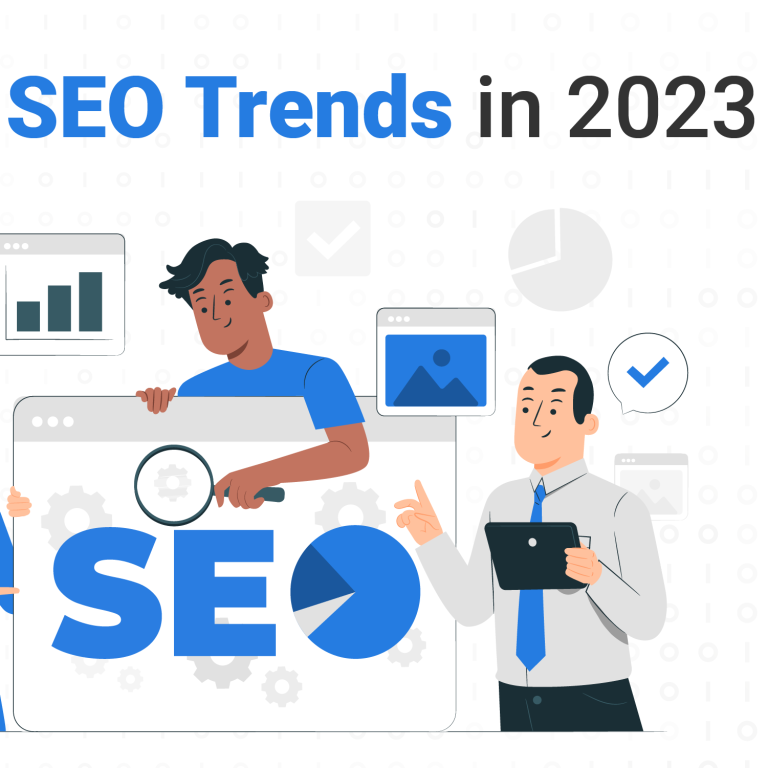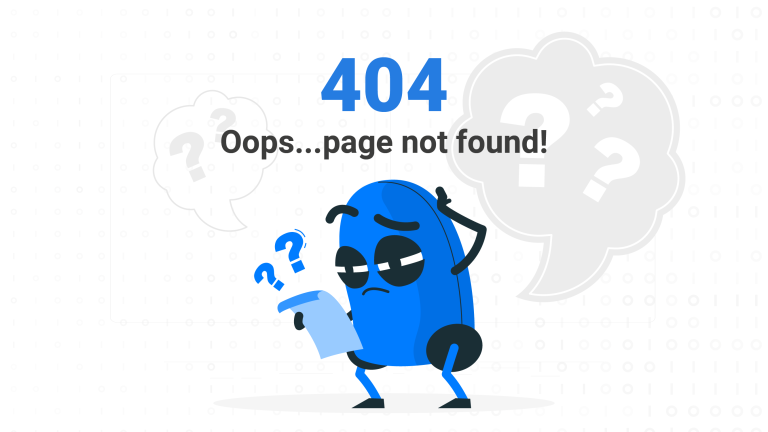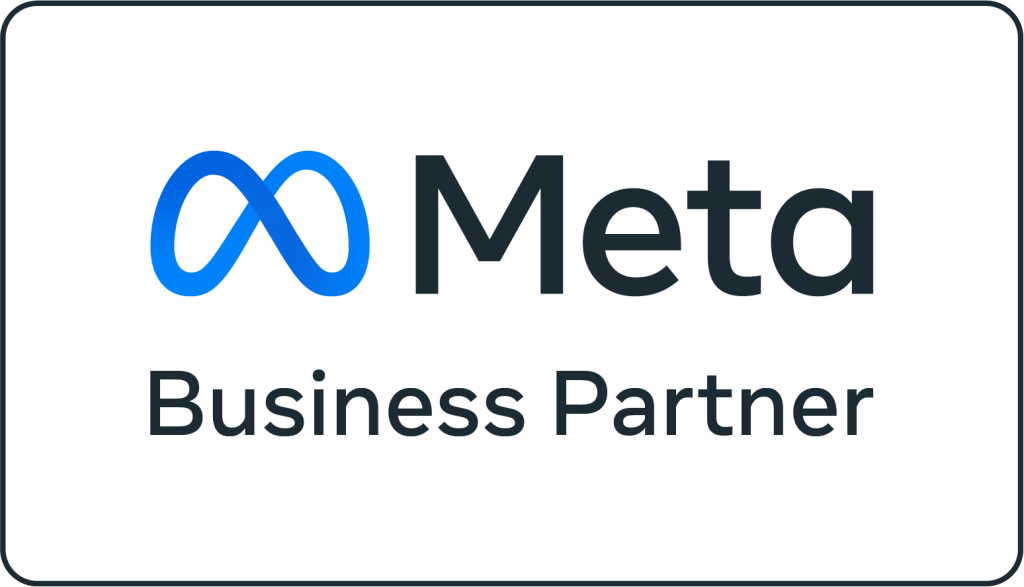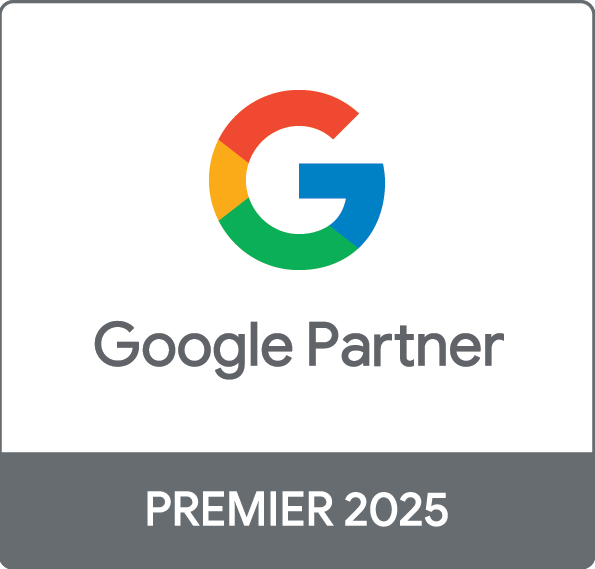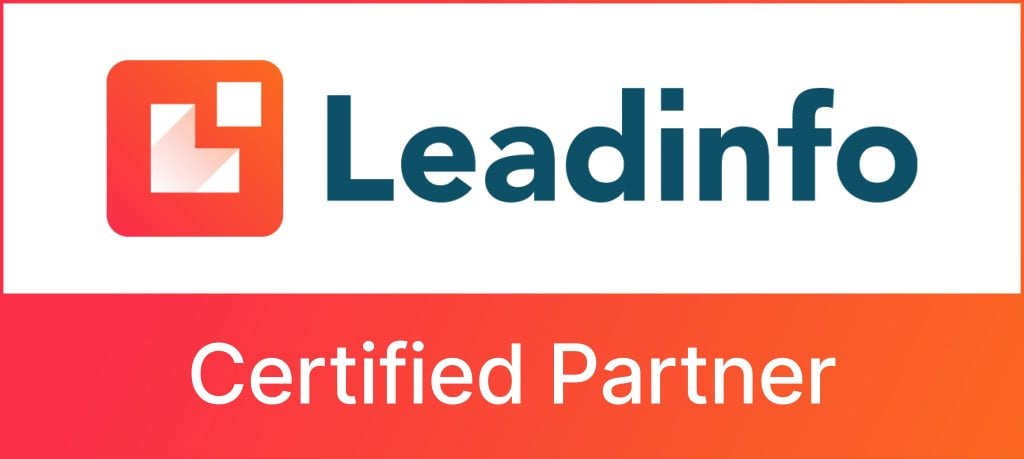In an increasingly digital world, building an effective website is vital for your business. What makes a website effective? The answer is simple: it creates customers. Every step of the way from the sitemap to the final development phase is geared towards converting browsers into customers. Here are a few things to consider when building your website from the ground up.
1. Purpose
One of the most crucial steps to take even before building a website is determining its purpose. Whether it’s an e-commerce site or a portfolio, until you define your purpose, you’re not ready to begin development. By establishing a clear purpose, you’ll find that it’s much easier to make the right decisions. So treat it as a skeleton structure that guides everything else.
2. Wireframing and site-mapping
Once you’ve determined the purpose, the next thing to do is map out its functionality. Create a clear and simple sitemap that provides an idea of the customer journey. For example, if you’re building an e-commerce store, it’s ideal to think about the journey that your customer would take, from the moment they land on your page to the moment they check out.
Next, you’ll want to start thinking about your web design. We would recommend starting by building a low-fi design wireframe before jumping into the real design execution. Taking this step will not only give you an idea of the overall look and feel of your website but also provide you with a clear vision of how one would navigate through your web pages. Additionally, since low-fi wireframes are just the early stages of your web design, it allows you to remove or add elements easily until you’re fully satisfied with the results.
3. Domain name and URL structure
A domain name should not only be simple, but it should also match your brand. This means that it should be related to your product or the services you provide. For example, if you run a bakery, include the word ‘Bakery’ as part of your business name to help your customers find you with ease.
Speaking of which, consider purchasing domains for synonyms and alternate spellings of your chosen name. This is to ensure that your customers can still find you online even with misspelled keywords.
4. Reliable Hosting
It is essential to find a reliable and stable web host. The major aspects of your website would also be affected with unstable hosting. Your site speed, uptime, security, and operations — which all impact the SEO — would all take a hit. If your site takes too long to load, users might end up leaving your page even before they have a chance to explore. Not only that, this would mean that any marketing efforts to drive traffic to the site would simply go to waste.
5. CMS & Templates
Content management systems (CMS) allow you to eliminate the need of manually coding websites in HTML/CSS. It tells browsers how to make your content appear more appealing to visitors by offering common elements such as menus, headings, and pages.
However, you can’t just stop with having a CMS in place. You’ll need a template that provides a content structure to keep everything on your website consistent. This template will offer you containers/blocks to keep your content well-organised, this includes spacing, colours, font sizes, and other elements.
Here are some template best practices.
- Responsiveness
According to WeAreSocial, over 55% of global web traffic comes from mobile devices, so overlooking this aspect would be a huge issue. Therefore, it’s important to ensure that your site’s design, logos, text images, and all the other elements are optimised for mobile screens.
- Security
For the same reason you wouldn’t leave the front door of your house unlocked, having a secure website is just as crucial for your business. With more informed customers and the ever-present threat of online scams, people are now more cautious than ever when it comes to online purchases. Having a valid SSL certificate — a requirement if you accept credit cards and an SEO ranking factor — as an encryption tool helps your customers feel more at ease when sharing their personal details.
6. Plugins
A plugin is a piece of software containing a group of functions that can be added to your website. Essentially, it enhances your website optimising the functionality of your online features. The best part? Plugins make it easier for you to add features to your website without applying a single line of code.
However, as most plugins are free, it is important to note that they usually do not come with tech support. For this reason, it is important to be careful when choosing which ones you want to install on your site.
7. Speed
As brands are continuously fighting for consumer’s attention, users are bombarded with thousands of ads and content on social media daily. A website’s loading speed is one of the most crucial aspects to pay attention to. According to Mobile Insider, more than half of mobile users leave a website that takes more than three seconds to load.
In the same article, LambdaTest’s CEO, Asad Khan, explains that consumers often want results immediately and that the first impression is often the last impression of a web presence. So if your website takes some time to load, chances are that they’ll drop off immediately.
To prevent users from navigating away to a competitor’s site, here are some actionable steps you can take to speed up your website:
- Compress your images
- Choose a reputable hosting provider
- Optimise your site for mobile devices
- Leverage caching – caching is the process of storing your data on a user’s device. It can dramatically improve the loading speed, especially for returning users
- Reduce CSS and Javascript
- Remove unused plugins
- Minimise HTTP requests and server response time
- Use a content distribution network (CDN) like Cloudflare
Your business website is arguably your most important digital business tool, and it’s more necessary today than ever to have one that helps you drive the results you need and run an effective business online.
